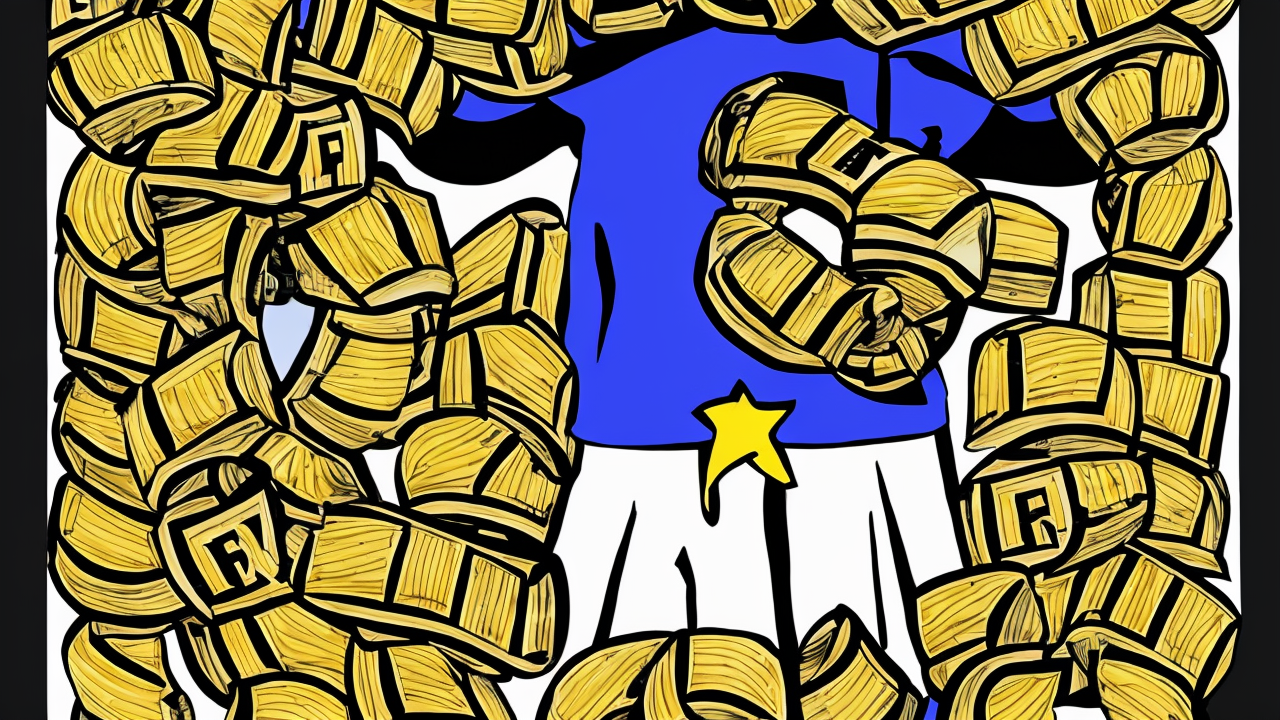Germany's Fiscal Irresponsibility: A Path to Crisis

Germany is rapidly losing its reputation as a bastion of fiscal discipline. Under Chancellor Friedrich Merz, the country has abandoned conservative budgeting, opting instead for reckless spending that threatens its economic stability. Recent reports reveal a widening budget gap, with unfunded debts projected to rise from €144 billion to €150 billion by 2029. This comes on top of the federal debt, with the latest coalition agreement adding another €4.5 billion in spending for a pension supplement.
The fiscal outlook is dire. By 2025, the net new debt ratio is expected to reach 3.2% of GDP, including federal debt, state borrowing, and off-budget "special funds." Should the economy slide into recession, rising unemployment and shrinking tax revenues will exacerbate the crisis. Public debt could surpass 90% of GDP by the end of the decade, marking a stark departure from Germany's traditionally prudent financial management.
The welfare system, once heralded as sustainable, is now teetering on collapse. By 2025, combined deficits in health insurance, long-term care, and pensions are projected to exceed €55 billion. Despite massive tax hikes, including CO2 levies and property taxes, the gap between spending and revenue continues to widen. Since pre-pandemic times, public spending has increased by one-third, while tax revenues have risen by just 14%.
Germany's fiscal trajectory raises alarms about its commitment to economic prudence. With no signs of retrenchment in Berlin, the country risks following a path of total statism or radical liberalism. The former could see state control over energy and capital markets, while the latter mirrors Argentina's recent shift toward limited government.
Europe stands at a crossroads, with Germany and France exemplifying the perils of unchecked socialism and bloated welfare states. The question remains: Can Europe abandon its degenerative socialist policies, or will it succumb to the same fate? The answers could shape the continent's future for decades to come.
Published: 7/26/2025
















